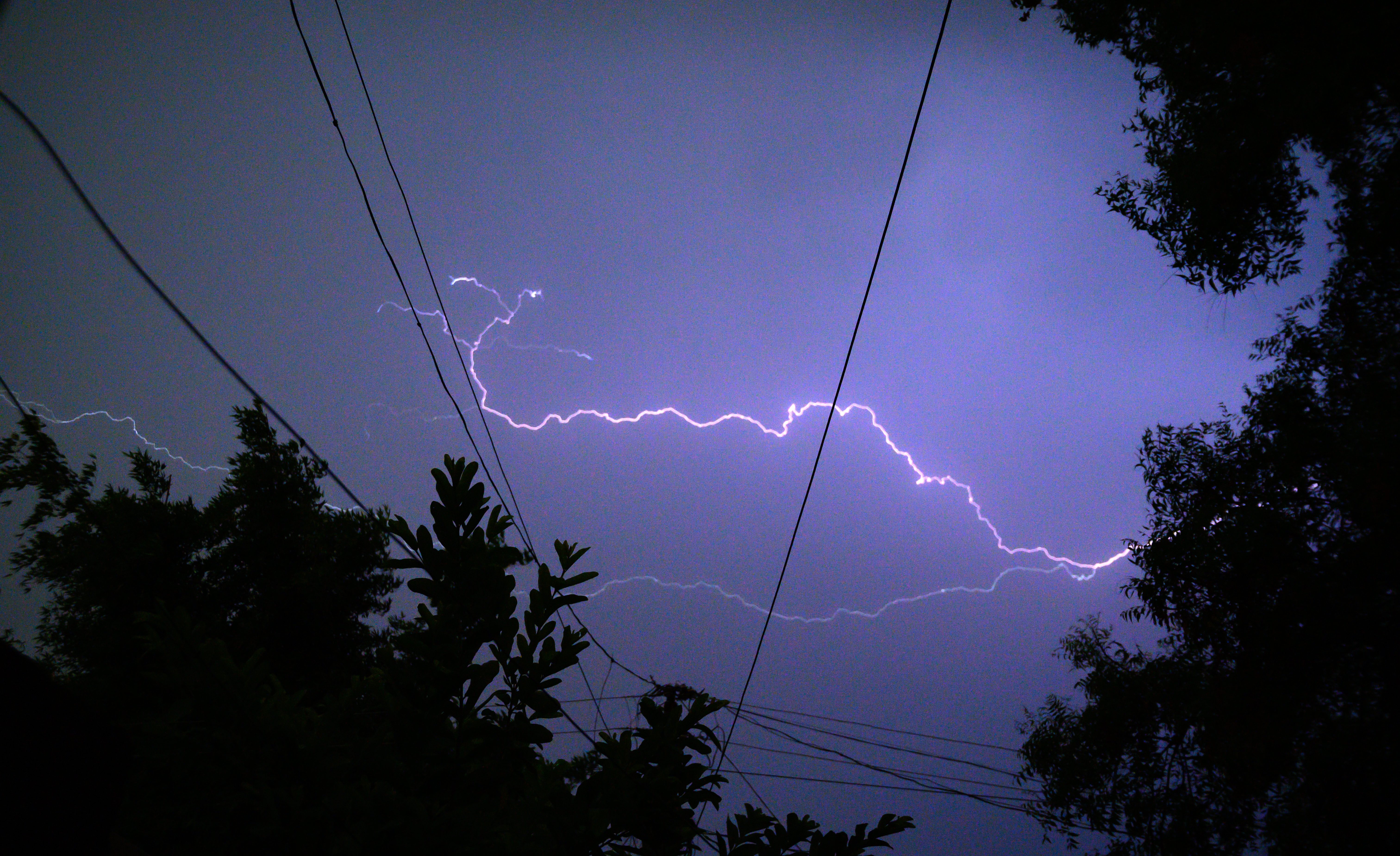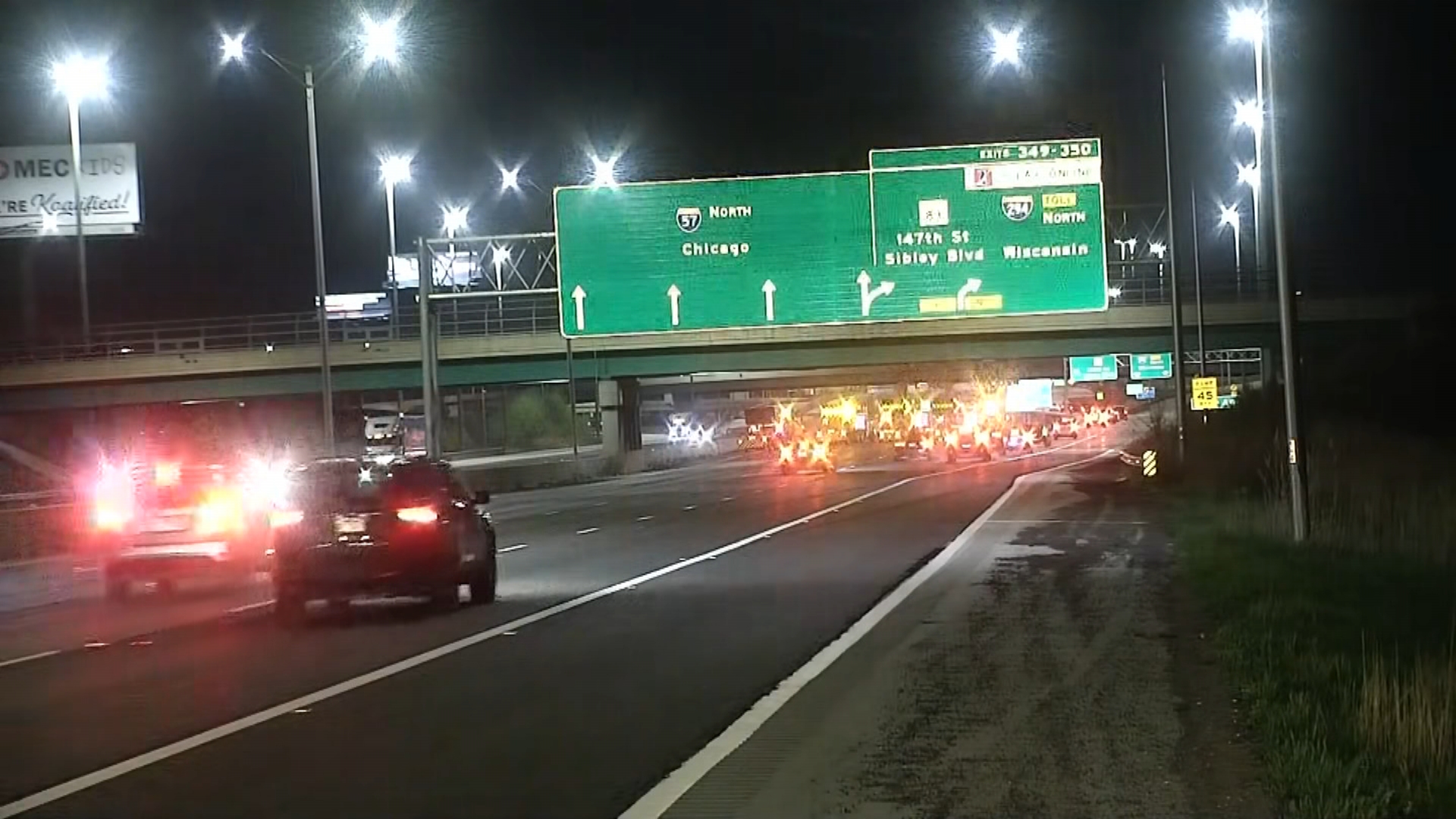If you can imagine driving to work in rush hour traffic without ever touching the steering wheel, you may be delighted to hear fully autonomous vehicles may be hitting the road a lot sooner than expected.
In fact, major automakers and tech companies continue fine-tuning self-driving vehicles and researchers tell NBC 5 Investigates that ride-sharing companies and transit agencies could be rolling out autonomous fleets within several years.
But is Illinois prepared to keep you safe in the era of self-driving cars?
[[421949453, C]]
While state law currently allows vehicles with semi-autonomous features to operate on its roadways, there is no Illinois law regulating or restricting fully autonomous vehicles. The Illinois General Assembly, however, is now considering a bill (HB 2747) that would legalize autonomous driving and create regulatory backstops before the vehicles hit the marketplace.
“We would want to make sure they were safe. We would want to make sure they were secure,” said State Rep. Mike Zalewski, (D) Riverside.
If passed, HB 2747 would grant autonomous vehicle regulating authority to the Illinois Secretary of State. Also, the state’s existing traffic laws would cover self-driving cars.
Local
“Illinois would become an industry leader in autonomous vehicles if this were to become law,” Zalewski said.
Supporters have said autonomous vehicles will dramatically reduce accidents and improve traffic flow. The vehicles use high tech radar, sensors and cameras for mapping and object detection.
The University of Michigan in Ann Arbor currently operates the first purpose-built autonomous vehicle research facility in the country. Known as Mcity, the facility features 32 acres of urban streets, a highway and traffic signals. It is used by automakers and researchers to test self-driving vehicles in a real world setting.
“We have every detail that we can think of to challenge these connected and automated vehicles,” said Mcity deputy director Carrie Morton. “We want to detect a pedestrian, a bicyclist, a ball in the road, another car.”
Are the vehicles safe to drive on snowy streets or winding country roads? Researchers told NBC 5 Investigates the vehicles’ computers are continuously learning how to adapt to these conditions. Autonomous vehicles also communicate with each other and the infrastructure.
That’s why cyber security is a key part of their research.
“It’s very important that they are secure just like we need to make sure Internet and cell phones are secure,” said Mcity director Huei Peng.
However, automotive experts said the vehicles will need to be practically perfect before they are accepted by the public. A recent AAA study found 78% of those polled feared the idea of self-driving cars.
“Everyone is saying can you make a self-driving car as safe as a human? Well, the goal is to make it safer than a human because humans don’t drive that well,” said Joe Wiesenfelder, executive editor of Cars.com.
Partially autonomous vehicles have been involved in several accidents in recent years. However, investigators have determined the technology was not to blame.
But many questions still remain, including how self-driving vehicles will be insured and who will be held responsible to keep them safe?
“Is it the automaker? Is it the person who bought the car? All of these things are going to have to be addressed,” Wiesenfelder said.
Meanwhile, a spokesperson for Chicago Mayor Rahm Emanuel said the city is planning to take a cautious and thoughtful approach to the introduction of driverless vehicle technologies.
“Chicago is a global leader in transportation innovation and it is incumbent on us to carefully review the safety and economic potential these technology advances offer,” the spokesperson said.
Two Chicago alderman have proposed a ban on autonomous vehicles, saying Chicago streets should not be used as an experiment.



